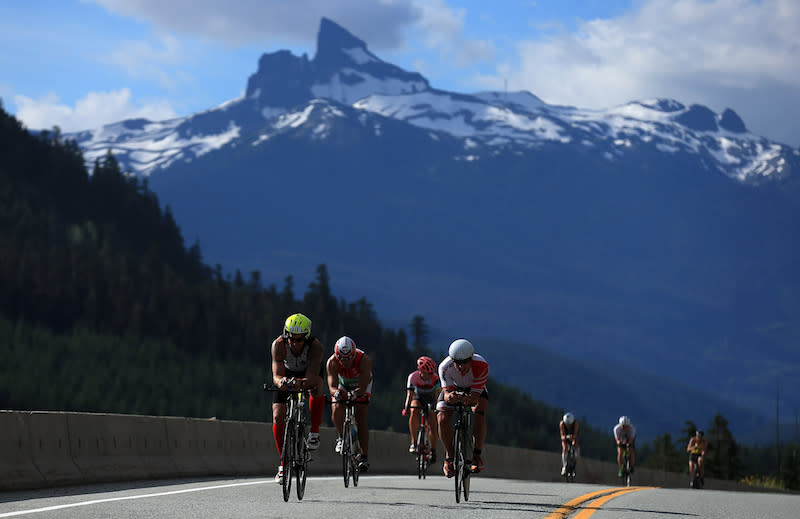Skip spring, straight to summer? Alberta, B.C., New Brunswick smash daily heat records
The warm air of spring is finally here and some communities are feeling it like never before.
Three provinces had areas that saw new daily heat records snapped on Monday, according to Environment Canada. The new highs were set in Alberta, British Columbia and New Brunswick.
Here’s a look at the new maximum temperatures established on May 14, 2018, with statistics provided by the federal weather agency:
Alberta
Claresholm — 28.6 C (Old record of 27.5 C set in 1997)
Drumheller — 30.0 C (Old record of 29.0 C set in 1987)
Waterton Park Gate — 24.1 C (Old record of 23.8 C set in 2012)
British Columbia
Clinton — 28.1 C (Old record of 27.2 C set in 1973)
Kelowna — 30.2 C (Old record of 30.0 C set in 1973)
Malahat — 26.7 C (Old record of 27.5 C set in 1997)
Squamish — 29.2 C (Old record of 28.8 C set in 2006)
Whistler — 31.0 C (Old record of 28.9 C set in 1973)
New Brunswick
Miscou Island — 20.0 C (Old record of 19.0 C set in 2009)

Potential for flooding
Canadians can thank a heatwave sweeping across the West Coast for the record-breaking temperatures.
The warm weather shouldn’t come as a surprise as southern British Columbia is expected to have the best summer in the country, AccuWeather senior meteorologist Brett Anderson told Yahoo Canada earlier this month. Anderson said the real heat will come in July with “a fair amount of days” above 35 C and “drier than normal” conditions.
The new highs set Monday came after a Mother’s Day where 11 communities also saw records established, as reported by KelownaNow.
Perhaps most notable on the list of record breakers is Whistler, B.C., where the average temperature for this time of year is 15.8 C and a low of -2.5 C was recorded in 1986, according to Environment Canada.
The warm conditions is not only pushing the mercury near or above the 30 C mark, it’s also causing flooding in some parts of southern British Columbia.
Rapidly-melting snow in the mountains are causing rivers to rise and residents are being warned about potential flooding this week.
With files from Sarah Rohoman


